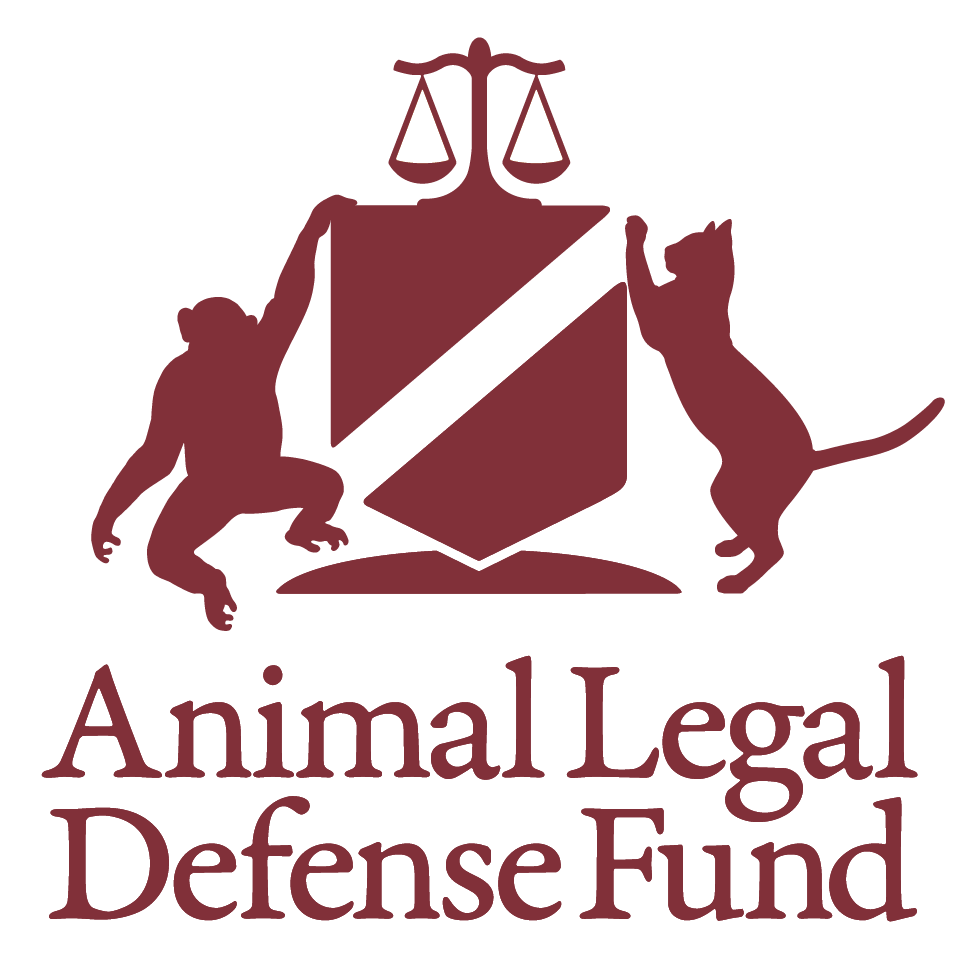
Conversation with Carter Dillard, Director of Litigation at the Animal Legal Defense Fund
The following is a summary of a conversation that took place on April 27, 2015. Carter Dillard is the Director of Litigation at the Animal Legal Defense Fund. Carter spoke with Allison Smith, ACE’s Director of Research.
Legal risks for undercover investigators
An issue with conducting investigations is that the relevant laws contain a lot of grey area, and a lawyer can’t tell you with certainty whether there is civil or criminal liability. This ambiguity can chill protected behavior such as legitimate news gathering (by the undercover investigator), which ought to be protected by the First Amendment. You’re better off going into an investigation with a legal opinion, but it is never going to be a guarantee.
Another problem is legislators going out of their way to pass unconstitutional laws like ag-gag laws. It takes years to get those laws shot down in court or repealed and during this time Dillard thinks that few investigators are going to risk a felony prosecution for investigating. When it comes to open rescues there are other problems. An example is a case in New York regarding Hudson Valley Foie Gras, where an activist was accused of burgling ducks out of a foie gras production facility.
Legal advice for investigators
You don’t actually have to be somebody that’s being prosecuted to challenge laws such as ag-gag laws. In many cases it is sufficient to show that you have a reasonable fear of being prosecuted because you want to be doing that sort of work.
Animals are still considered property, so animal rescue is generally (and wrongly) perceived as an act of theft. Occasionally, there are legal exceptions.
There are many other areas of possible liability. The sort of investigations that involve entering facilities and documenting conditions may receive less protection than for an investigator who is working in the facility and gathering information.
What can animal advocates do to support investigators?
The first thing to do is actively oppose ag-gag laws. Advocates can support coalitions of groups challenging these laws in court, and eventually work with groups seeking repeal of ag gag laws. Ag-gag laws harm lots of social movements, including worker safety, environmental, and food safety efforts, and joining hands with these movements moves us all towards transparency when it comes to animal facilities.
The Humane Society of the United States is doing a great job in legislating against new ag-gag laws. Dillard’s guess is that they will eventually start to move towards repeal. ALDF (Animal Legal Defense Fund) is helping to lead a coalition of groups in litigating against the current slew of ag-gag laws. ALDF would love people to support that.
Animal Legal Defense Fund is putting together an investigation team
T.J. Tumasse is the new manager of the investigations program. ALDF is looking to also recruit independent contractors in various states, and will focus on investigations connected to particular legal outcomes, like litigation or regulatory reforms.
Dillard believes that some investigations should ideally be done in conjunction with state officials, in some cases before the evidence is publicized. ALDF hopes to be working with these officials to build cases, looking at civil cases as well as criminal prosecution. As part of this, their hope would be to target corporations rather than the workers.
Filed Under: Interviews & Conversations Tagged With: charity conversations
About Erika Alonso
Erika is ACE's Project Manager and has been with ACE since 2014. Her work includes researching effective messaging for animal advocacy groups, and how to engage activists through digital media.